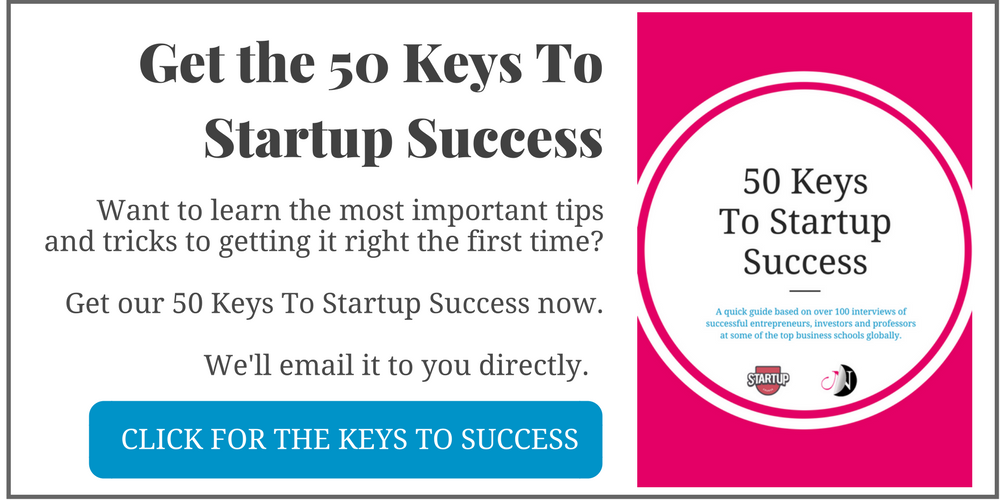5 Strategies That Will Help Set Your Startup Up For Success

Why you should throw out your business plan, fire your best friend, stop selling and start obsessing over your customers, and your cash.
1.
Watch your Cash
Money is not something people talk about easily or something that most like to think about on a regular basis. You’d probably prefer to focus on your product or your customers. For many, it is a bit of an undertone in life and in business. But in your startup, it needs to be front and center. It is important for you to watch your cash at all times because if you run out, your business is dead.
Ever heard of a runway? No, not at fashion week and not at the airport either. Your runway, i.e. the main metric of your cashflow, is how much time the money in the bank will last based on your current credits and debits. In other words, how long can you last at the rate you’re going? What can you do to extend your runway? All questions you should be asking as you monitor your cashflow on a regular basis. How regular? That’s up to you but no less than weekly in the beginning because it’s very easy to blow through that runway when you're going at top speed (as you probably are… all the time).
2.
Pick Founders Carefully
We find that a lot of women-led startups have sole founders. There are ups and downs of navigating startup life alone. Something to keep in mind is that investors inevitably like to see multiple founders and at the very least a really solid team.
Many people start their company with their best friends or people that they have known for a long time. However, the best types of founders are people that have diverse skill sets and will add value to the startup. While you should definitely choose someone you like and mesh well with, it may be worthwhile thinking about the gaps in your skill set and who could fill those for you.
3.
Write A Blog
60% of consumers feel more positive about a company after reading custom content on its site. Keep a blog to communicate your Startup’s purpose, brand and more importantly as a source of value. This helps you build credibility right from the get-go.
It is also one of the best ways to build SEO and use google to do marketing and sales for you. Get started by doing some keyword analysis using Google Search Console. The more pages you have on your site answering questions that people are typing into google the better chance you have of extending your reach to new customers. A side benefit is that your customers will already be educated on your product and its uses before they purchase.
To sum up, a blog will:
- Increase your credibility
- Make you SEO friendly
- Get Google doing your sales and marketing
- Allow you to engage with your customers and answer their questions before they purchase
Which leads us to our next point…
4.
Support Customers Maniacally
Your first customers are the most important people in your startup's development. Making sure that you allocate enough resources to them - to make sure that they are happy is imperative. This will ensure they are going to spread the word on the fantastic product and service you have created. Not only will keeping them happy improve your word of mouth marketing, but it will also help you to learn more about your customers’ needs.
We’ve heard that one of the best things that a crowdfunding campaigner has done is to get in touch with each of their early backers to say thanks and ask for feedback. This in turn ended up multiplying their reach because the customers were amazed they heard from the founder herself and that she took the time to make a personal connection, but then these customers went on to tell their friends about how cool the product was and how amazing the company was because they really cared about their customers.
5.
Avoid Business Plans
Business plans take a lot of time. And unfortunately, they tend to end up becoming out of date pretty much instantly because startups move a light speed and there are so many unknown variables that simply cannot be included. Also, you may end up feeling almost handcuffed by that 40 page document that has outlined your next four years. What if you need to pivot? What if something unforeseen comes up? What if you made a mistake in your predictions? Should you go back and amend the whole thing before moving forward?
As you get started your business model will continue to evolve and develop so instead of wasting time developing a 30-40 page business plan. It's probably better for you to come up with a simple executive summary and a simple pitch deck which our First Time Founders School will provide to you, helping you save time.
Want more keys to success? Download our 50 keys to startup success to increase your chances of being in the 10% of successful startups.
